‘I am making a big decision’ – in the lowest possible tone, Mandy Tai (sister, in Marathi) uttered over a phone call. ‘I wish to file a divorce.’ She sighed as pointedly as the air blowing out of a pressure cooker. Her energy levels almost shrunk to the size of a mustard seed. This wish was followed by a big pause. We did not say a word. Her troubled soul kept waiting for a response.
This declaration was followed by another stroke of self-doubt. Perplexed to imagine how her life would look like ahead, she asked – ‘will I be able to live alone?’ Never having imagined being ‘single’ in her mid 40s, she seemed scared. The fear was not only about financial management but also about her competence
To break the silence, I managed to say ‘Chak De Fatte tai. I am with you.’ Like a child giggling to herself, she laughed. Yet another breakthrough! We were discussing the possibilities of ending a 17-year long marriage. Heterosexual in nature, their marriage involved a child – a male bodied adolescent. That was one thread that kept her marital chord alive. But finally, it was time to chop it off for good.

Conferred with an MSc in computer sciences, a skilled bonsai gardener, craftsperson who recycled household articles for creating DIYs, a person who taught me mathematics when I was about to fail, an inquisitive reader and a thinker- Mandy tai was labeled as ‘anadi maa’ – illiterate mother and a wife who encashed her husband’s money.
A lady who once drove a scooty with complete fearlessness, now experienced dread at the thought of driving alone. As Robin Stern notes in their article, gaslighting was rampant in the relationship, and at this juncture, the only enemy she had was ‘self-doubt’.
Her question somehow reminded me of an irony. In a typical patriarchal household, women tend to manage the entire khandaan (lineage). They become doctors in sickness, teachers during exams, hosts in family gatherings and master chefs almost everyday. Despite these layered roles, the majority of them are still perceived as ‘useless’
Cut to this phone call- she finally had the courage to declare that their marriage was abusive. This declaration was followed by another stroke of self-doubt. Perplexed to imagine how her life would look like ahead, she asked – ‘will I be able to live alone?’ Never having imagined being ‘single’ in her mid 40s, she seemed scared. The fear was not only about financial management but also about her competence.
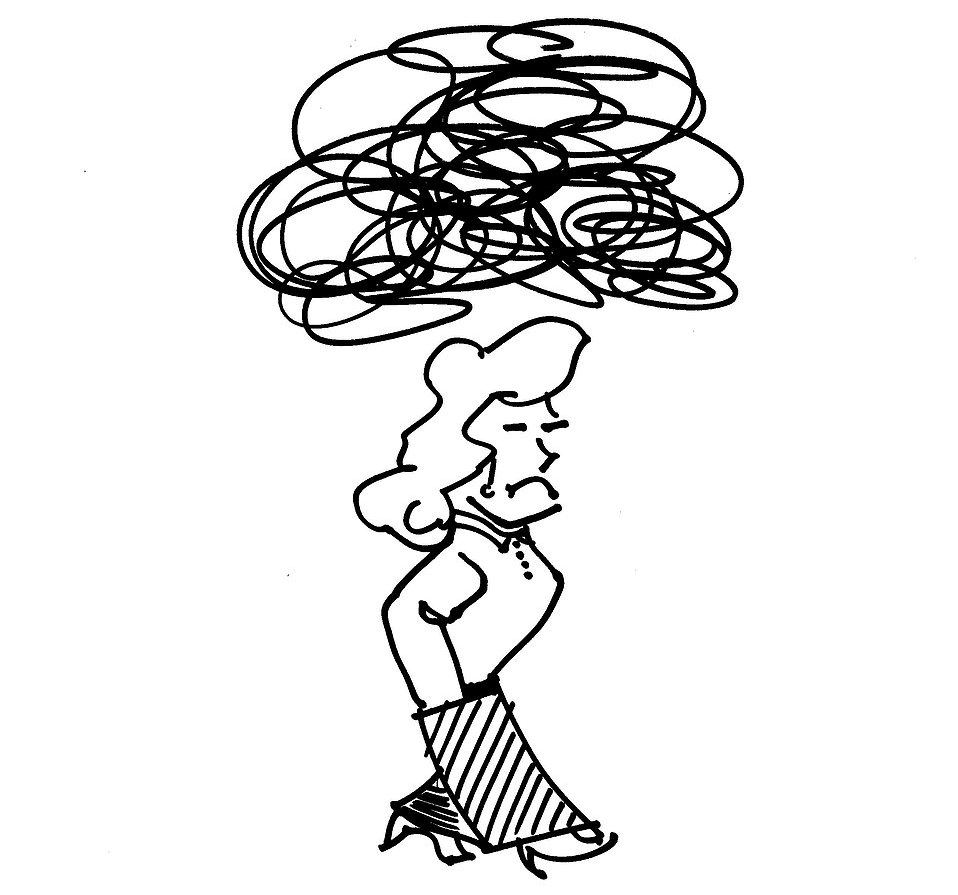
Her question somehow reminded me of an irony. In a typical patriarchal household, women tend to manage the entire khandaan (lineage). They become doctors in sickness, teachers during exams, hosts in family gatherings and master chefs almost everyday. Despite these layered roles, the majority of them are still perceived as ‘useless’.
Planning meals, managing money and pleasing (patriarchal) men becomes a routine. Unfortunately, this routine offers nothing intrinsically meaningful. Leisure is at a bay and hobbies do not exist at all. Let us look around and ask – how many women who used to dance, play sports, knit sweaters, read books and the like are able to continue their interests post-marriage?
Also read: The Totalitarian Concept Of Arranged Marriage Approved By The Patriarch
Mandy tai’s experience reminded me of the movie Khoon Bhari Maang directed by Rakesh Roshan. The protagonist Rekha, a nurturer, care-giver and an ‘ideal’ mother transforms herself into an attractive woman after a life threatening event. Out of revenge, she finally seduces her perpetrator (second husband) only to kill him. The conclusion may seem violent. However, the ending typically showcased an unconventional female pathway – a nurturer transforming into a revengeful rescuer.

Her transformations seemed fulfilling not only for herself, but her two children, a dog, care-givers and her entire ecosystem. From being a victim who was betrayed to being an assailant who wished to thrive, Rekha’s journey was evidently a lesson. Cutting the cords, in this case forever, mattered to her well being.
From being a dependent nurturer to being a self-reliant rescuer, she managed to lead a life on her own terms. A power she never knew she had.
Several Mandy Tais and Rekhas around us continue to doubt themselves. Not only women but humans across all the genders, with experiences of abusive relationships tend to ruminate with intense trauma. Seldom do we realise that the scars stay, yet we continue to thrive, and often flourish!

To support this thriving, Cathy Meyer, a certified divorce coach, listed down supportive pathways for post-separation journeys. The author requests to prepare a divorce notebook, stick up to routines and gather financial information. Meyer adopts a stance of caution as well as care, for those who need a guiding light to be emotionally and financially stable.
Reflecting on these lines in my head, I firmly grabbed my own arms. “Not guilty for ending an abusive relationship”, I declared to myself. Sitting in the lap of the Arabian Sea, tears rolled down slowly, gently. Perhaps they were less salty as compared to the ocean, nonetheless, immensely painful
While searching for books on separation, Melody Beattie’s Codependent No More: How to Stop Controlling Others and Start Caring for Yourself came handy. Two years ago, one of my dearest friends had shared the e-copy. I never imagined it would turn useful so soon. I am also confessing that I am yet to read the book and that cautions me to comment any further.
However, the review seemed enthralling. Drawing from its review, Melody writes that people going through separation/divorce are not alone. The journey may be lonely. It definitely is. But look around – in books, in magazines, in movies and in neighbourhoods. There is a huge community around, people who will listen and perhaps cheer.

Reflecting on these lines in my head, I firmly grabbed my own arms. “Not guilty for ending an abusive relationship”, I declared to myself. Sitting in the lap of the Arabian Sea, tears rolled down slowly, gently. Perhaps they were less salty as compared to the ocean, nonetheless, immensely painful.
After an intermittent upheaval, I managed to escape that house, which my previous partner once called our ‘home’. After seven years of abuse and manipulation, and almost 8-10 attempts of (unsuccessful) separation, finally my feet were able to step out. One last time.
He came to drop me off to the cab he had booked, something he never did in the last 7 years. My chest weighed like a fish basket – heavy and crowded. My teeth kept trembling and feet continued to shake. Suddenly, it started pouring heavily as if the clouds were weeping with me. Ironically, after 30 minutes of crying- my body felt lighter. I could see the endless sky. My body could breathe freely.
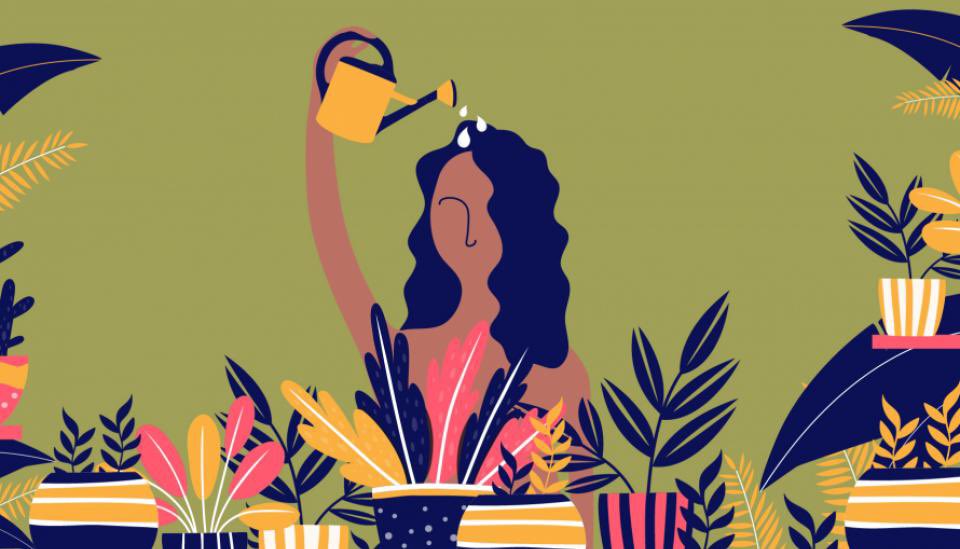
As I write this, the right ring finger senses an itch. There are flashbacks. My left eye-brow startles, but typing continues. It needs to. Seven or seventeen, the years do not matter somehow. What matters is a firm ground, a decision to step out, a conclusion to end the cycle of abuse.
On a hopeful note, Mandy Tai concluded the call with an invitation- “we will work together, travel around the world, launch our business and keep dating good men. Who will stop us now?!”. We laughed together again. ‘Tinder or Bumble’ – I asked, and the laughter continued. This time the voices were solid and limitless.
Dreaming to fly. Perhaps we all need to, because to end an unfulfilling relationship is to create a fulfilling life. Separation/divorce is not the full story. It is just the beginning of a new tomorrow. Like those trees thrashed in hurricanes, we are capable of growing gracefully. Again
A divorce or a separation need not be an end. It can be the beginning of a sustainable future. Our ideas of sustainability ranged from nurturing a garden, to cooking our own meals, creating artistic souvenirs, being financially independent, remaining aligned to our emotions, sustaining hope in goodness of others, reconnecting with ‘safe’ community members, safeguarding nurturing relationships/friendships and traveling to explore this world and meet inquisitive people. And most importantly, to breathe – to simply breathe in the air full of liberation and warmth.

Even after seventeen years, she did not lose faith in the ‘goodness’ of others. She was still hopeful to meet good people (read heterosexual ‘safe’ men). Her voice cocooned from a tiny larva to an energetic butterfly. Probably, she needed to witness this butterfly for several years. She was out in the open now.
Also read: Divorce As A New Beginning: Unburdened Of Fairy Tales In Her 30s
Dreaming to fly. Perhaps we all need to, because to end an unfulfilling relationship is to create a fulfilling life. Separation/divorce is not the full story. It is just the beginning of a new tomorrow. Like those trees thrashed in hurricanes, we are capable of growing gracefully. Again.
Acknowledgments
All well-wishers, family and dearest friends – thank you for keeping my faith alive in the concept of ‘goodness’ and offering ‘safety’.
Vaidehi Chilwarwar is currently engaged as a resilience researcher (pursuing PhD) at the Tata Institute of Social Sciences, Mumbai, India. As a self-employed clinical psychologist and arts-based therapist, she is involved with individuals and groups on therapeutic platforms both offline and online. An amateur painter and reader, she finds solace in the company of plants. A firm believer in the values of kindness and generosity, she wishes to offer her services to the field of mental healing as deeply and as humanly as possible (in whichever form)
Featured Image Source: Dreamstime

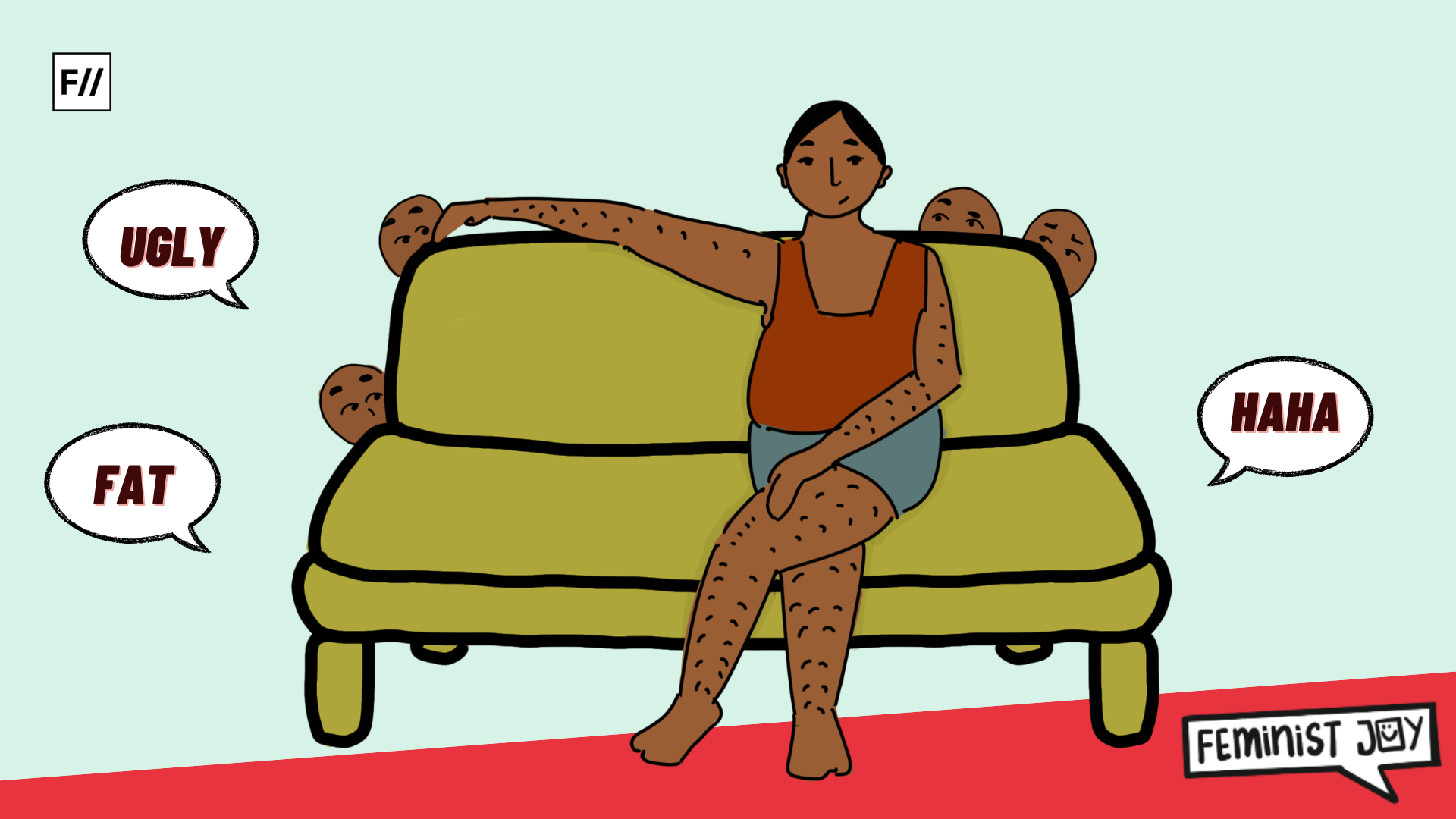
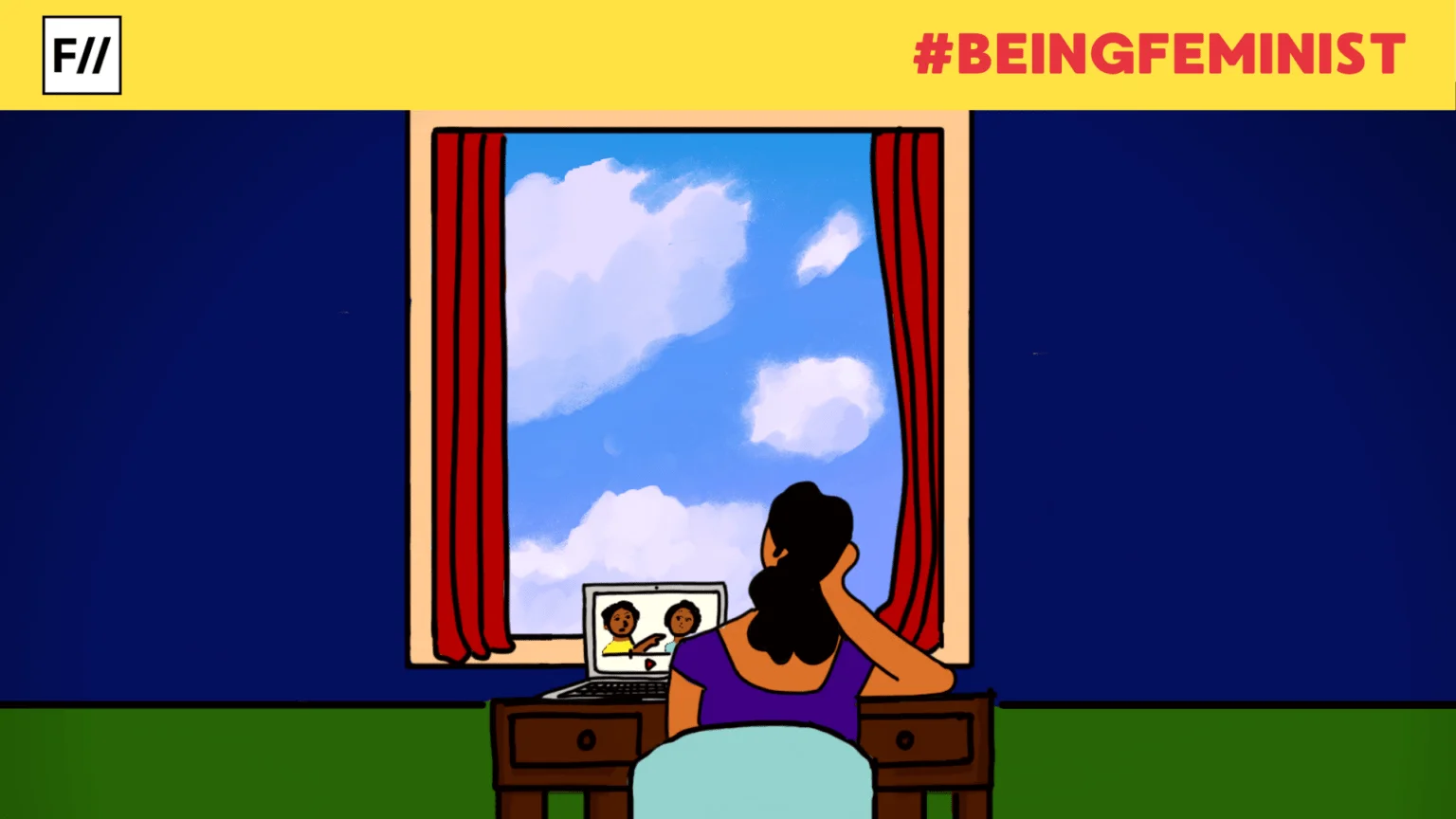
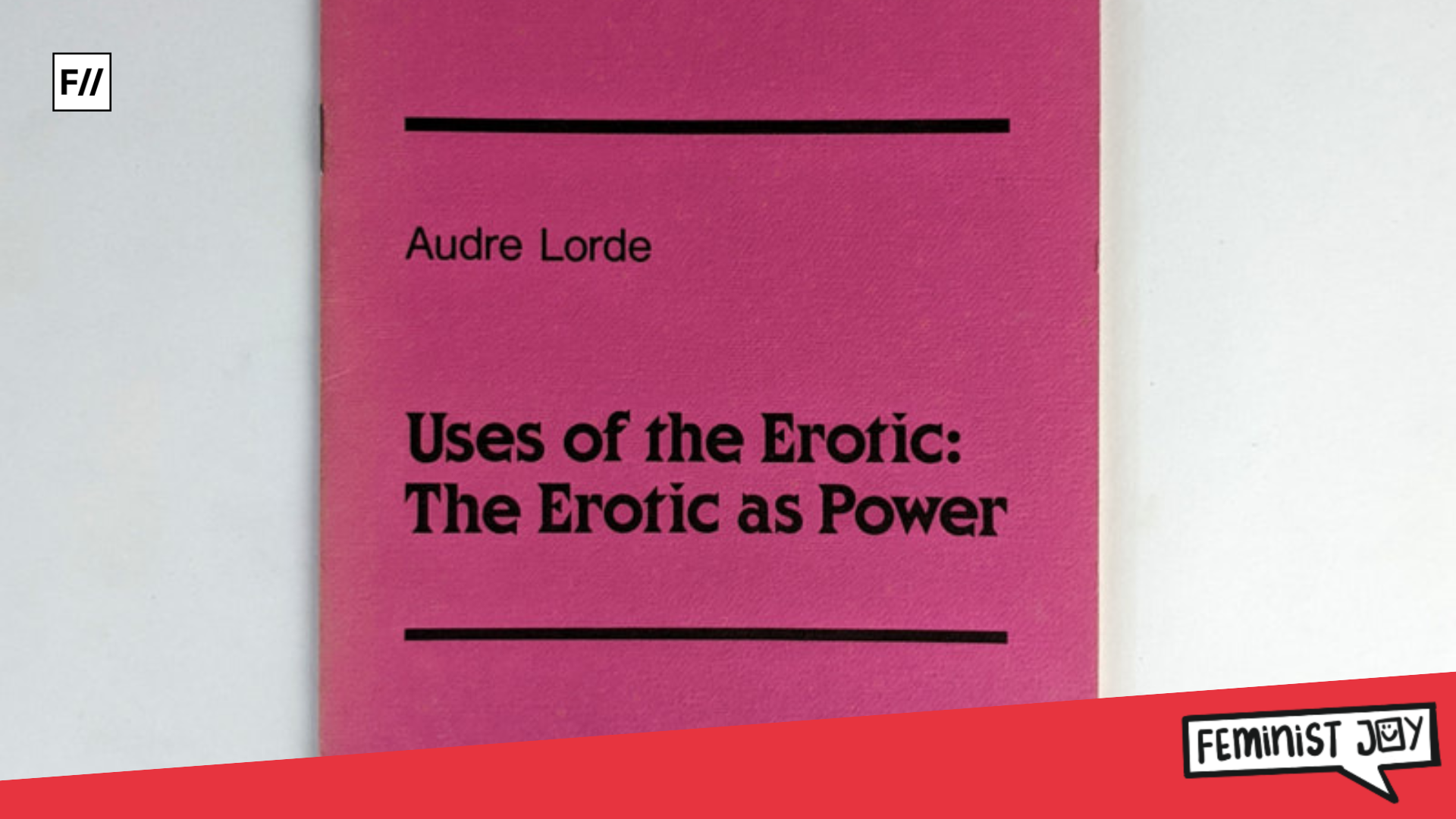

Vaidehi has articulated well , the encouragement and positive energies for a new beginning post a a decision to separate/divorce. Interesting to learn about “resilience research”. Is it possible to communicate via email with her? Interested in the topic since I volunteer with Bembala Foundation in Bengaluru. Thanks.